This story appeared in the Spring 2023 issue of Onyx Anneau.
By B.J. Riley ’16, director of marketing
“Mrs. Rumely declared that the Executive Committee will be called to meet in January to discuss the budget, the feasibility of establishing a center for social gerontology and an adult degree program, and to take whatever actions are necessary concerning them.”
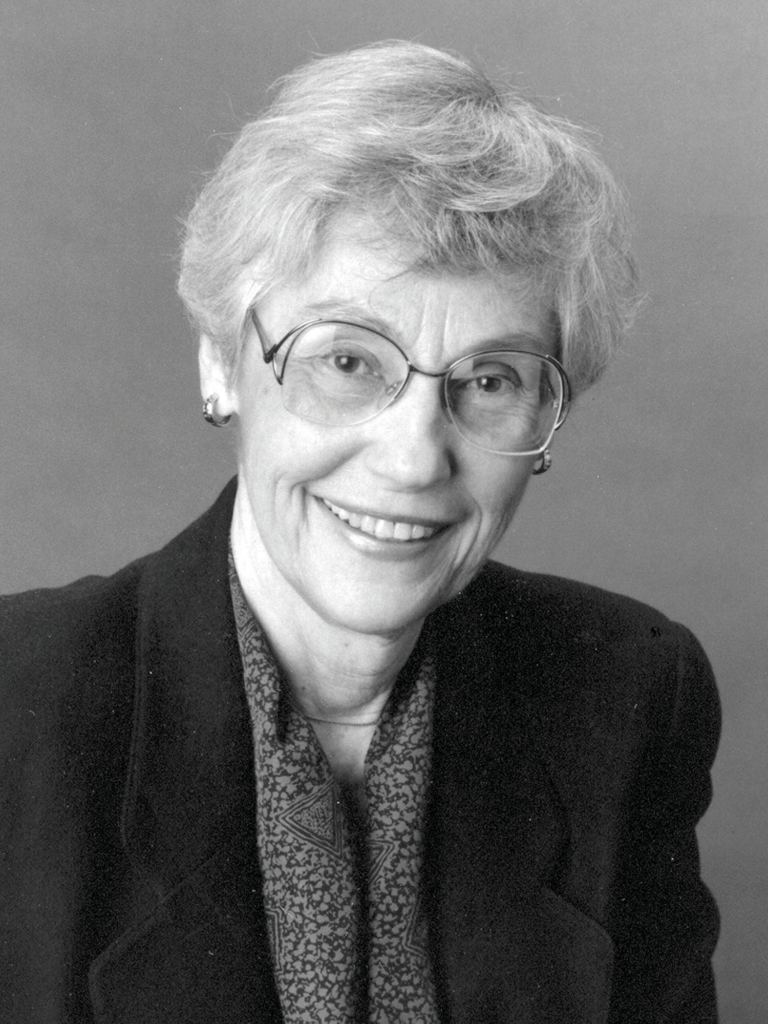
That was the note in the November 12, 1972, meeting minutes concerning what would become known as the Women’s External Degree Program or WED.
Dr. Jeanne Knoerle, SP, ’49, emerita president of Saint Mary-of-the-Woods College (SMWC), had the foresight to see that a distance education program for women to complete their degree in a flexible learning environment would further the College’s mission of educating women. Knoerle said during a January 1973 convocation introducing the WED program that it was geared towards women who had started, but not finished degrees because life got in the way.
This message to the campus community was the culmination of several years of study by the College, led by Knoerle. Goddard College offered the country’s only other distance learning program at the time. Knoerle appointed a committee of faculty members to explore how to develop a program for off-campus degrees for adults as she evaluated the potential of an adult learning program. WED was modeled after the program at Goddard.
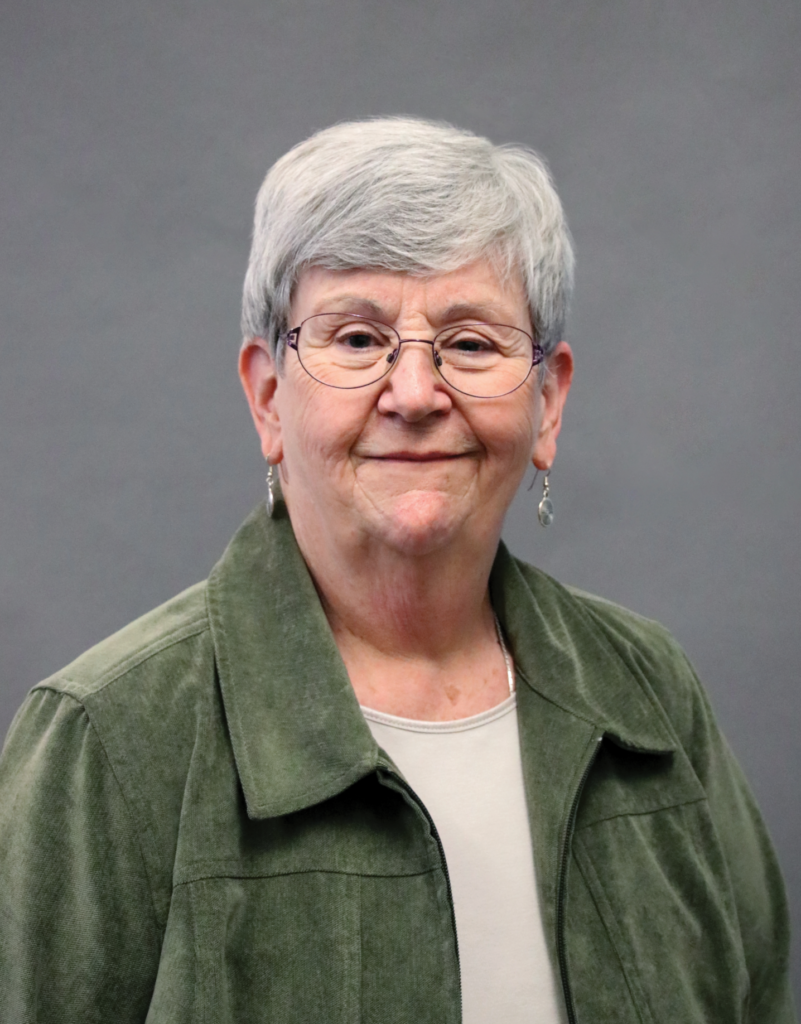
In her convocation remarks, Knoerle added, “It is my personal belief that in the 1980s and 90s, the women who have chosen vocational training during this decade will experience the same desire to complete a degree so that this program is likely to increase in value….The WED program is, I believe, an important expansion of the academic programs of the College and will, I hope, extend the influence of Saint Mary-of-the-Woods College to a range of students otherwise cut off from the intellectual, cultural and spiritual values it offers students.”
Knoerle was correct. The first WED students graduated in 1974, with eight women receiving baccalaureate degrees; through 1979, 276 degrees and 28 certificates were awarded. In the decade of the 1980s, there were 552 degrees and 77 certificates that were conferred on WED graduates. In the decade of the 1990s, those numbers grew to 643 degrees and 167 certificates awarded.
Alice Quinlan ’65 was the WED director from 1989 through 2008. “We were very innovative, and the program continued to develop. The College offered hybrid courses before the word ‘hybrid’ was ever conceived,” she said. Students had campus residencies in the early days of WED, and in 1987, the College also began offering intensive weekend courses in an alternative format. “This is how it evolved into a weekend college and was also offered to campus students. There were hundreds of students here on Saturdays and Sundays.”
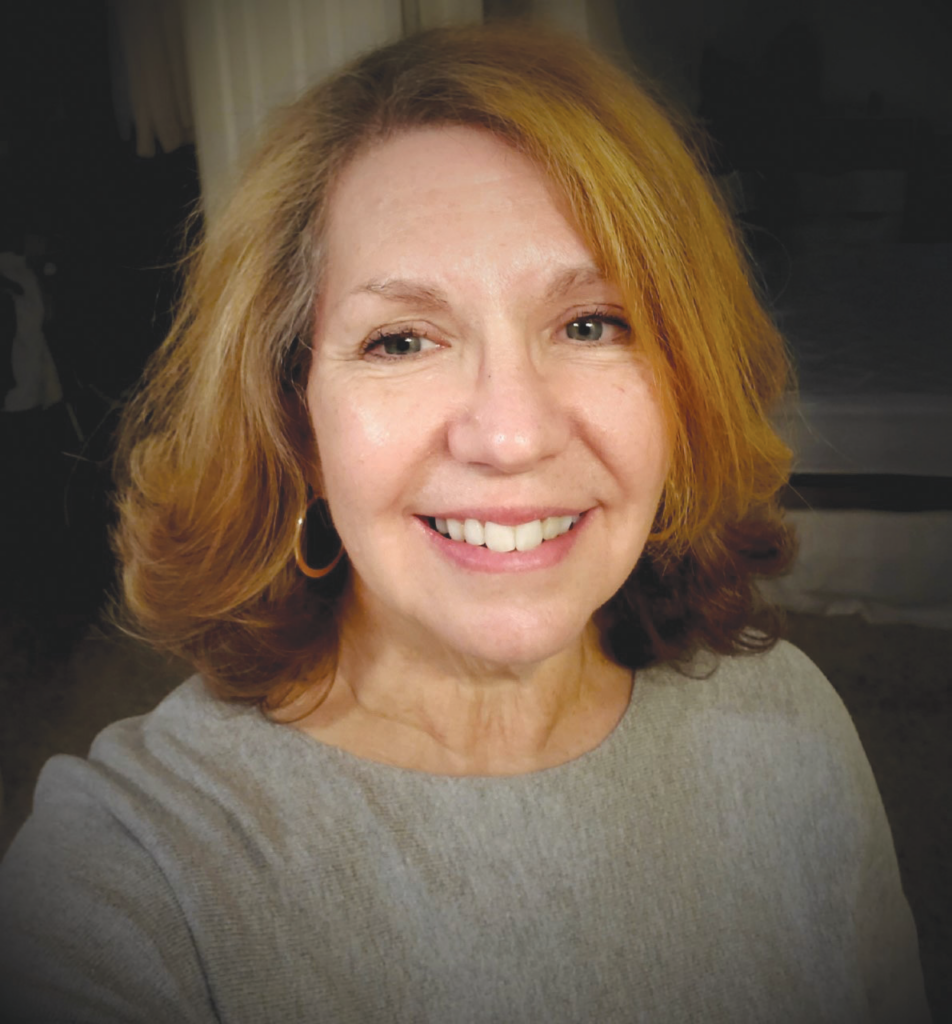
Tia Partain Wilkinson ’08, ’13G, MPhil, Ph.D., started college immediately after high school. While in college, she married and started a family. “I kept trying to find a way to return to school.” She tried some distance learning courses in Texas, but it was too difficult and constraining.
“I was at a library in Texarkana, Texas, and picked up a brochure about the WED program at SMWC,” Wilkinson said about discovering The Woods. She applied to the program and was accepted. Wilkinson was still determining how she would pay for it, but the people in the WED office told her to come to orientation and they would figure out a way for her to attend. It took her a while to finish as she was raising her family, but she finally completed her undergraduate degree in 2008.
“My degree from The Woods allowed me to get the job and career that I really wanted,” a director of operations for an English as a Second Language (ESL) program. From there, she earned her Master of Leadership Development degree from SMWC, followed by both a Master of Philosophy and Ph.D. in education. She is presently an adjunct professor in SMWC’s education department and has operated her educational consulting firm for 17 years.
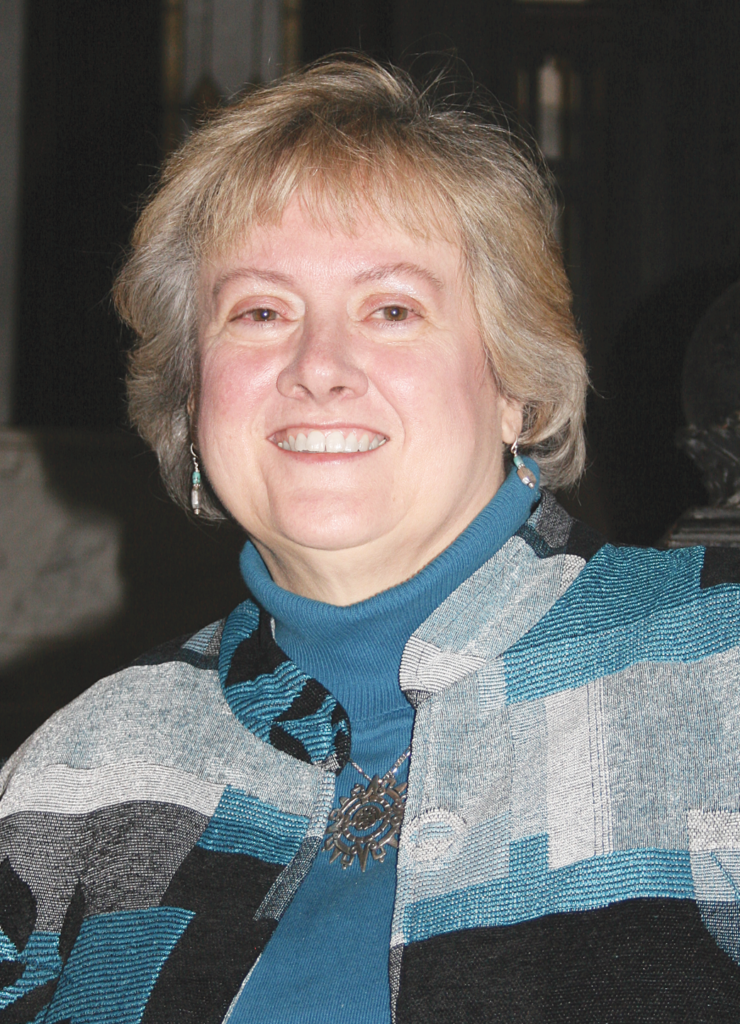
As the internet evolved and email became a prominent method of communication, more institutions were creating online programs that did not require residencies.
Gwen Hagemeyer ’09G became director of WED in 2008 and took on the task of creating access to WED courses online. “The world was changing, and the number of online programs available to students was growing,” Hagemeyer reflected. “In order to stay competitive, the program had to change. More students were requesting not to have to come to a residency.”
In 2005, the program was renamed the Woods External Degree program and began enrolling degree-seeking men, and in 2011, the program name was changed again to Woods Online. “When we went online, our faculty wanted to keep the interaction with their students, but wanted to create interaction between the students like the residency programs,” said Hagemeyer.
Another change which has made Woods Online competitive is the eight-week class structure. Students can be full-time by taking two classes every eight weeks throughout the year. This change is helping students complete the program faster.
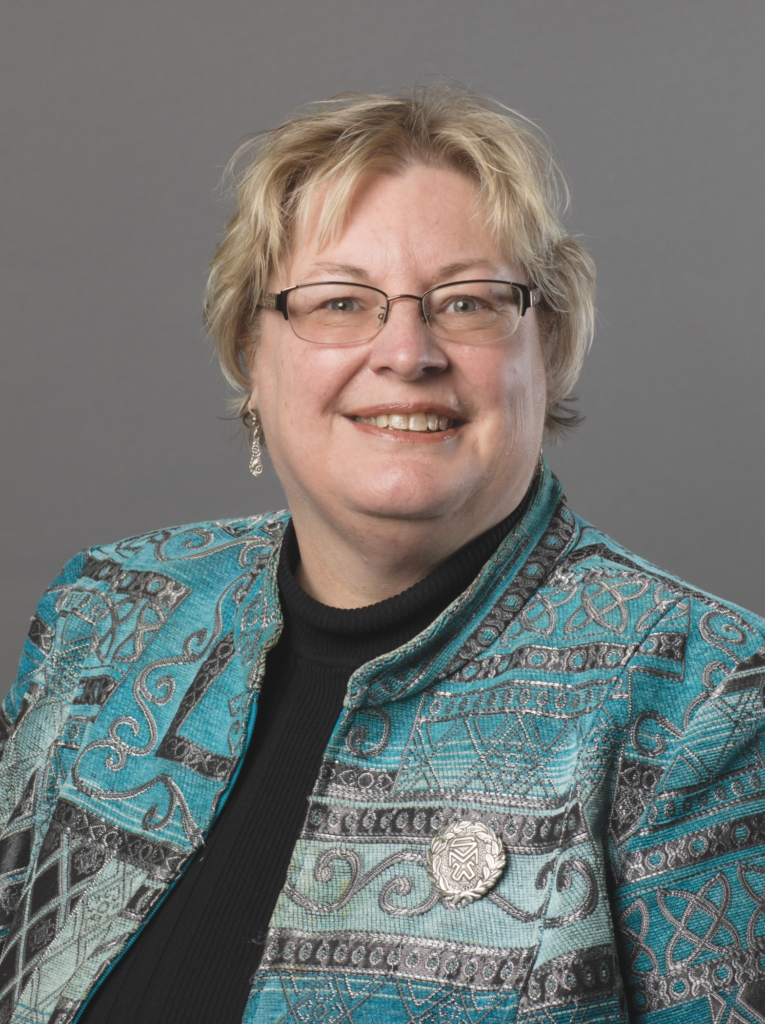
Sara Boyer ’02, ’13G, executive director of student success, emphasizes that although technology and the delivery method has changed over the past 50 years, the program’s quality has remained intact. “We continue to focus on the value of the education that a Woods Online student receives. Building relationships is a focus of the institution. We can still do that with Woods Online students through our professional advisors and instructors who are constantly communicating with students throughout their journey.”
Since 1973, thousands of students have been in the WED/WOL program, helping them realize dreams they never thought would come true. In the last 50 years, almost 3,500 degrees have been conferred, and an additional 1,800 certificates have been awarded.

0 Comments